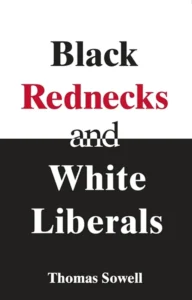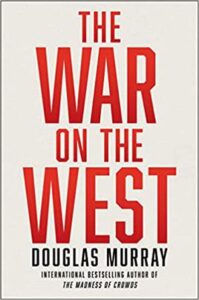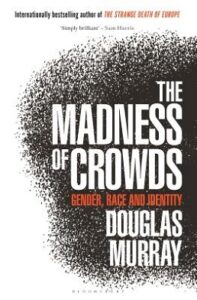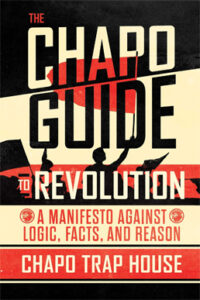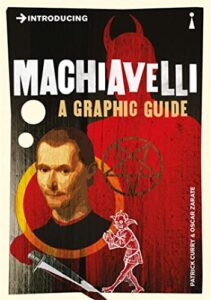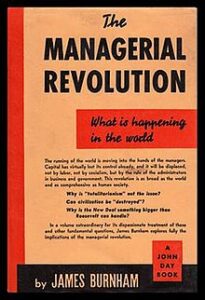
James Burnham’s 1941 book The Managerial Revolution argued that capitalism was being replaced by a new system of “managerialism” – rule by an elite class of administrators in business and government. While Burnham made some prescient observations about the growing power of managers, his specific predictions about the future did not fully materialize.
The book suffers from an overly deterministic view of history and an inability to account for the complexity of human behavior. However, The Managerial Revolution remains an influential work that foreshadowed important trends in the rise of the administrative state and the professional-managerial class.
